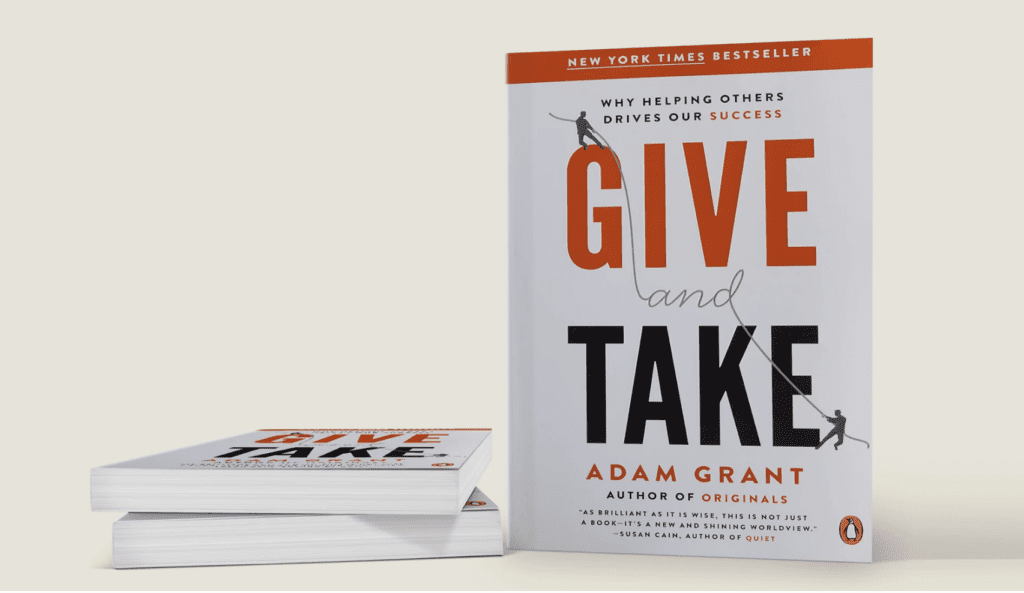In his influential book “Give and Take,” organizational psychologist Adam Grant introduces the world to the concept of “givers,” “takers,” and “matchers”
While much has been discussed about the impact of giving in a corporate or organizational context, little attention has been paid to how this concept applies to personal relationships. This is particularly concerning because givers can, and often do, experience emotional and mental burnout in personal settings.

The Nature of Givers in Personal Relationships
Before diving into the topic of emotional burnout, it’s important to understand what it means to be a giver in a personal relationship. Givers are individuals who prioritize others’ needs, often above their own. They derive joy from helping, sharing, and supporting. This behavior, while admirable, can sometimes lead to an imbalance where the giver is consistently at an emotional deficit.

Why Givers Are Prone to Emotional Burnout
Lack of Reciprocity
Givers often find themselves in relationships where there is a lack of balance or reciprocity. This can lead to feelings of being taken for granted and eventual emotional burnout.
Emotional Labor
The emotional labor of understanding others’ feelings, offering emotional support, and resolving conflicts is often disproportionately shouldered by givers.
Self-Neglect
In their eagerness to attend to others’ needs, givers frequently neglect their emotional well-being, putting them at risk for mental health issues like anxiety and depression.
Warning Signs of Emotional Burnout
- Constant Fatigue: Feeling continually tired even when you get adequate sleep.
- Diminished Joy: Losing interest in activities that once brought you happiness.
- Feeling Overwhelmed: Consistently feeling like you’re drowning in obligations and responsibilities.

Preventative Strategies for Givers
Set Boundaries
Boundaries are crucial for anyone but particularly for givers. Knowing when to say no helps maintain a balanced emotional state.
Self-Care
Prioritize self-care routines to replenish your emotional reservoir. Whether it’s a hobby, exercise, or spending time with loved ones, make time for yourself.
Seek Professional Help
Therapists and councellors can provide valuable coping mechanisms that can be tailored to your specific emotional needs.
While being a giver in personal relationships is often seen as virtuous, it can come at a steep price. Emotional and mental burnout can sneak up on even the most well-intentioned individuals. However, by being aware of the warning signs and implementing preventative strategies, it is possible to continue giving without losing yourself in the process.
Remember, you can’t pour from an empty cup.
Take care of yourself first, and you’ll find that you’re even better at taking care of others.











